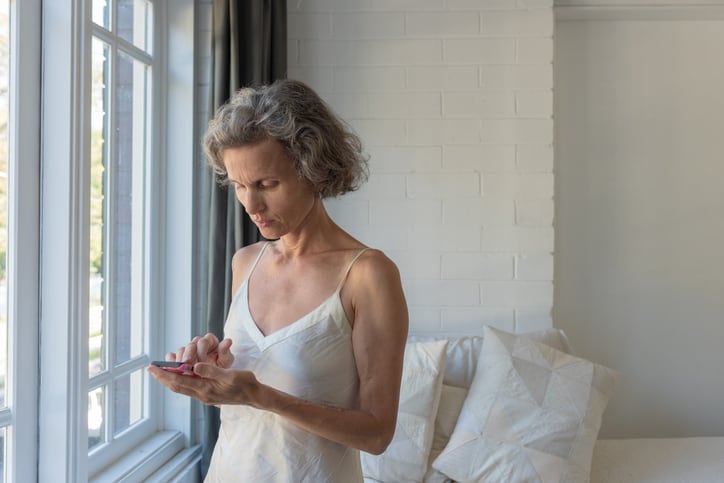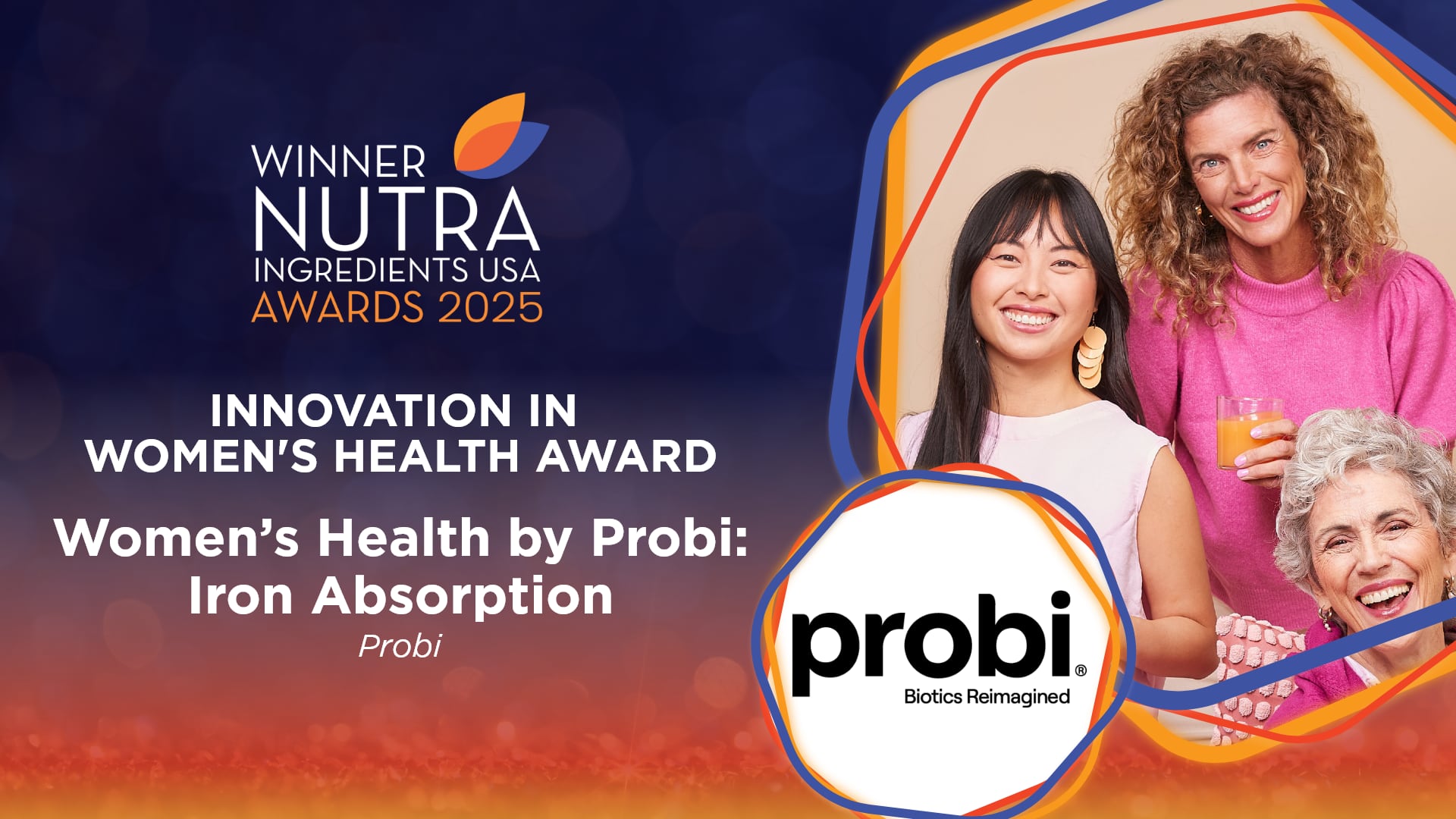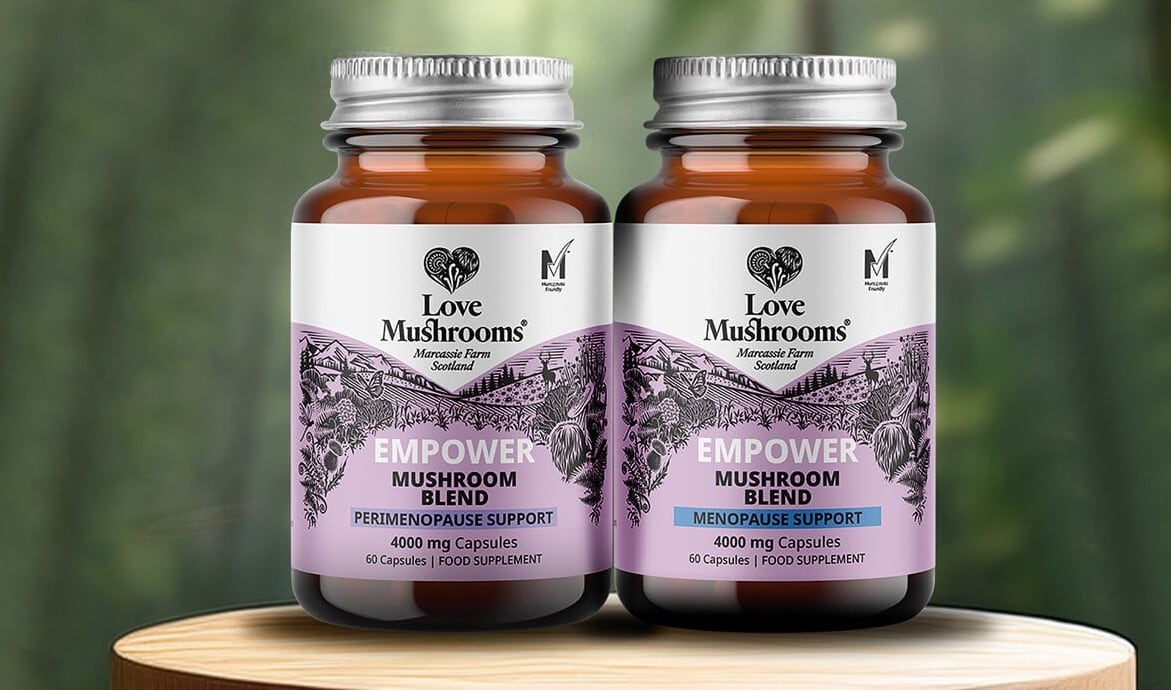Women’s healthcare company Bonafide Health recently released results from its annual State of Menopause report. The in-depth survey tracks longitudinal shifts in perceptions surrounding menopause, informing how women are experiencing and navigating perimenopause and menopause.
This year’s survey included 2,040 women in the United States between the ages of 40 and 64, who are experiencing key perimenopause and menopause symptoms. The big takeaway? Perimenopause may be the most misunderstood health transition.
“Unlike puberty or pregnancy, which come with classes, conversations and some sense of what to expect, there’s no roadmap for menopause,” Kate Jamieson, vice president of marketing and ecommerce at Bonafide, told NutraIngredients. “Most doctors get very little training on it, and symptoms show up differently for everyone, making it hard to even recognize what’s going on.
“When perimenopause starts, there’s no test or standard to compare yourself to. Many women are left questioning whether what they’re feeling is hormonal or just ‘normal’ life stress. Layer in social stigma and online misinformation, and it’s no wonder perimenopause is often misunderstood, misdiagnosed and dismissed.”
The need for clarity
After five years of running the survey, Jamieson said the company has witnessed progress in how openly women talk about menopause, but the confusion around symptoms and solutions has not improved.
“Year-over-year data continues to show that the onset, preparation for, and initial treatment phase of symptoms remain the most tumultuous parts of the menopause journey—where women are being confronted with more clutter and less clarity,” she said.
“I had hoped that as the conversation became more common, women would gain more clarity, but that’s not what the data shows. In fact, 71% of women say they were unprepared for how disruptive their symptoms would be, and 81% still don’t even know the clinical definition of menopause.”
Jamieson said she was also struck by how much more perimenopausal women are struggling with the transition as compared to women 50+.
“But it makes sense as these women often don’t realize they’re in perimenopause, expecting symptoms to come later, and are caught off guard,” she said.
“On top of that, they’re usually at the height of their family and career responsibilities, which makes everything feel more overwhelming. In contrast, women 50 and older are more likely to have figured out what’s going on in their bodies and found ways to manage—whether through lifestyle changes, supplements or prescriptions.”
‘The algorithm doesn’t prioritize accuracy’
The survey found that women continue to turn to social media as an educational source, with a 43% increase from 2023. In 2025, one in four women between the ages of 4 and 49 have used TikTok to find information on menopause.
But with platforms like TikTok rampant with misinformation, does social media help stifle consumer education? Jamieson says both.
“On one hand, it raises awareness, normalizes the conversation and offers community, validation, and real-talk moments that many women aren’t getting elsewhere,” she told NI.
“On the other hand, the algorithm doesn’t prioritize accuracy, so misinformation and unsubstantiated solutions spread quickly. As we say in the report: ‘Stay curious—but question everything. Not all advice and solutions are created equal. Cross-check sources, look for clinical research and trust your instincts.’”
A few key takeaways
- 31% of respondents say they didn’t treat their symptoms sooner because they didn’t know about trusted treatment options
- 34% of respondents avoiding Menopausal Hormone Therapy (MHT) for non-monetary reasons want to try natural management options before hormones
- 66% of women are more likely to purchase from brands that are backed by research
- 72% of respondents would more likely try treatments if more clinically-backed options were available without a prescription at retailers like Target or CVS
- 12% of employed respondents report that their employer offers accommodations for their symptoms (up 4 percentage points from 2024)
Opportunity
Nearly 70% of the women surveyed reported that they are not actively treating their symptoms, yet 72% were open to trying non-prescription, clinically-studied products in retail. Jamieson said this revelation points to a major unmet need for accessible, evidence-based solutions.
While there has been growing openness to Menopausal Hormone Therapy (MHT), many women still prefer to try non-hormonal options first, Jamieson said. She noted that the challenge is that only 7% are very satisfied with the current non-prescription products available at retail. However, 72% said they would try a clinically studied option.
As more supplements enter the menopause space, Jamieson highlighted that women are becoming more discerning and seeking science-backed products over flashy marketing.
“The supplement industry has an opportunity to lead with clinically studied solutions, as women increasingly seek science-backed products over generic wellness claims,” she said.
“Clear, educational campaigns that link hormonal changes to symptoms can help women identify what they’re experiencing sooner. Collaborating with healthcare providers and actively addressing misinformation, especially on social media, will be critical to help ensure women are getting credible, trustworthy guidance from the supplement industry.”



